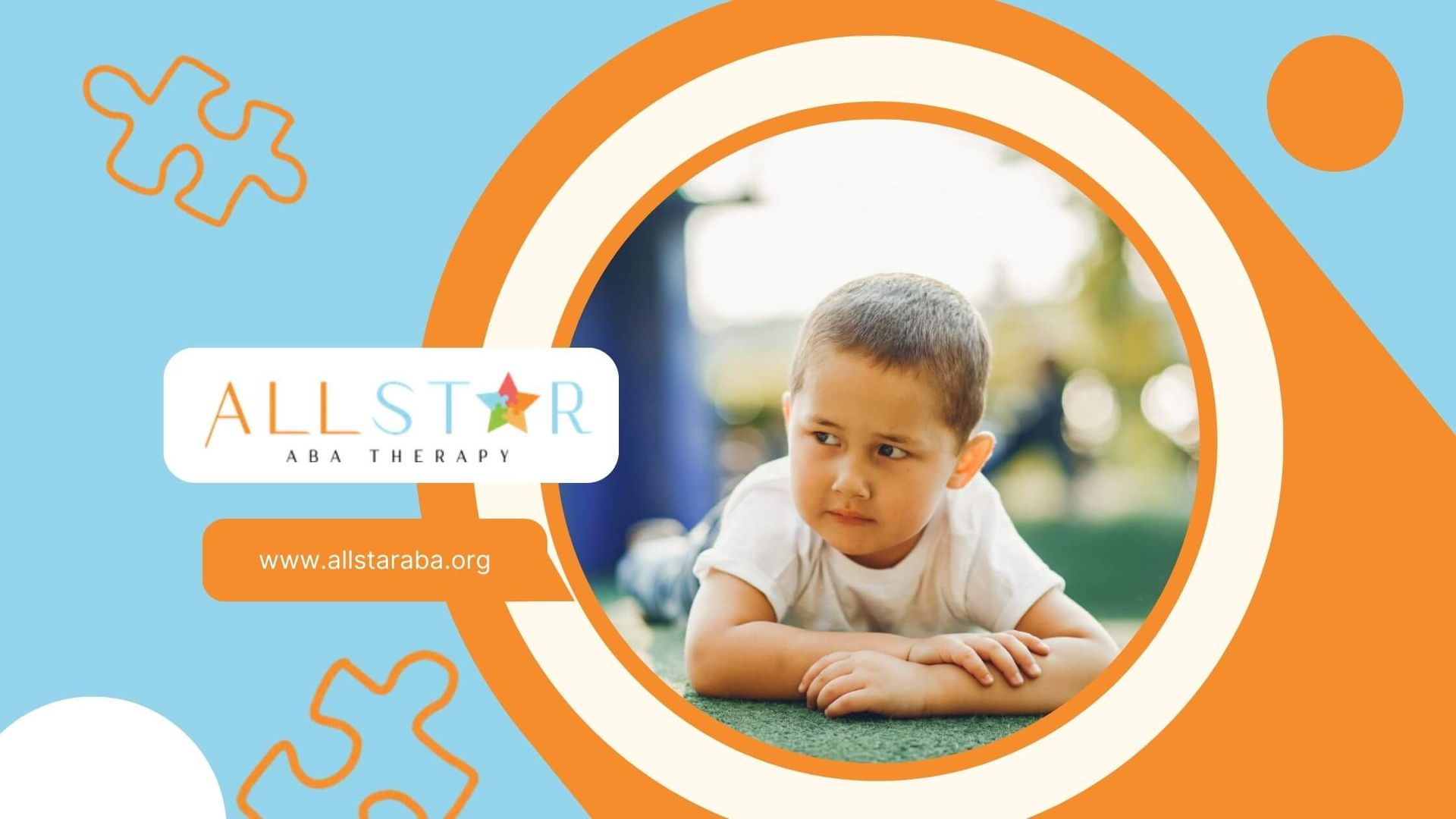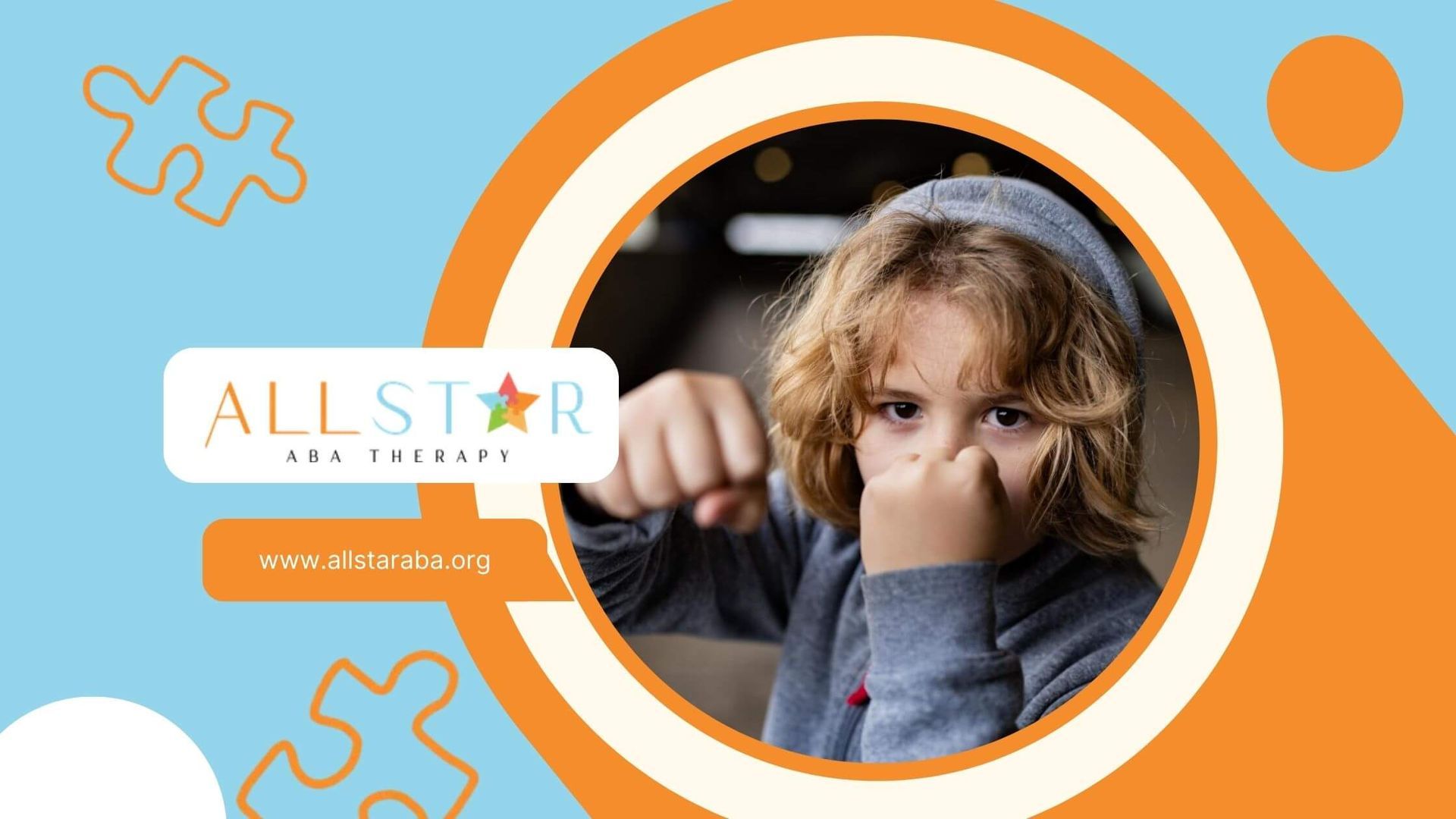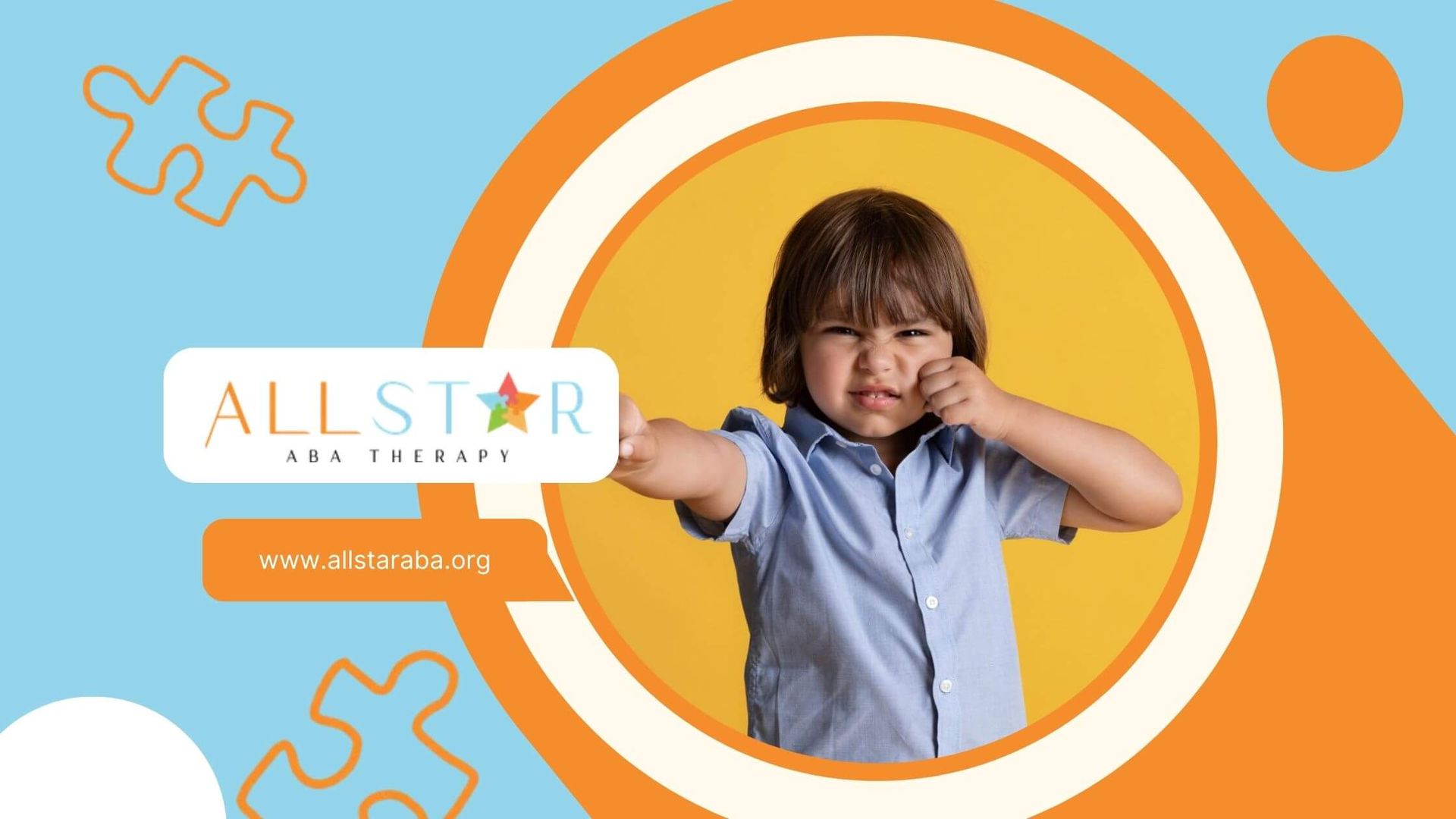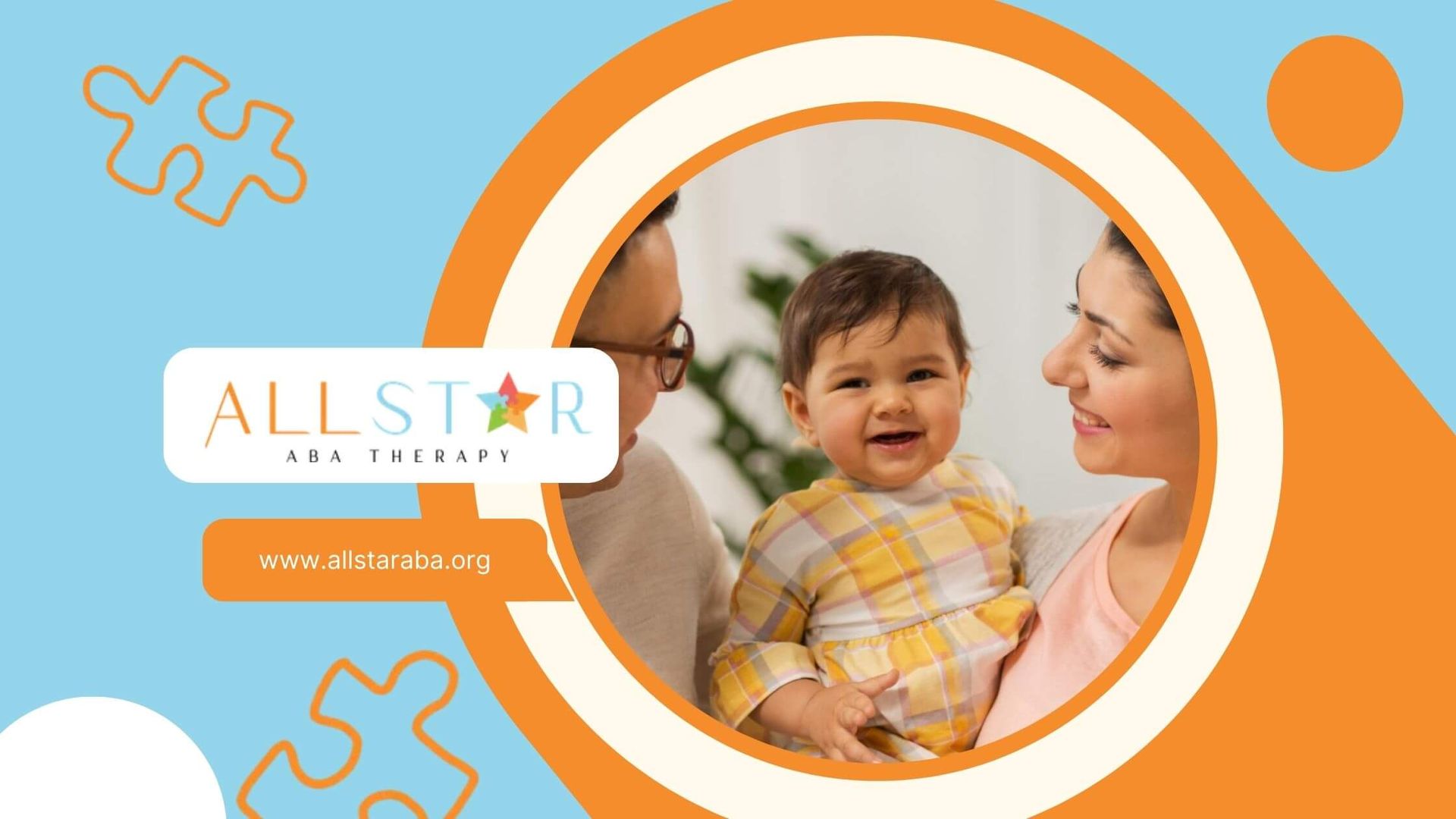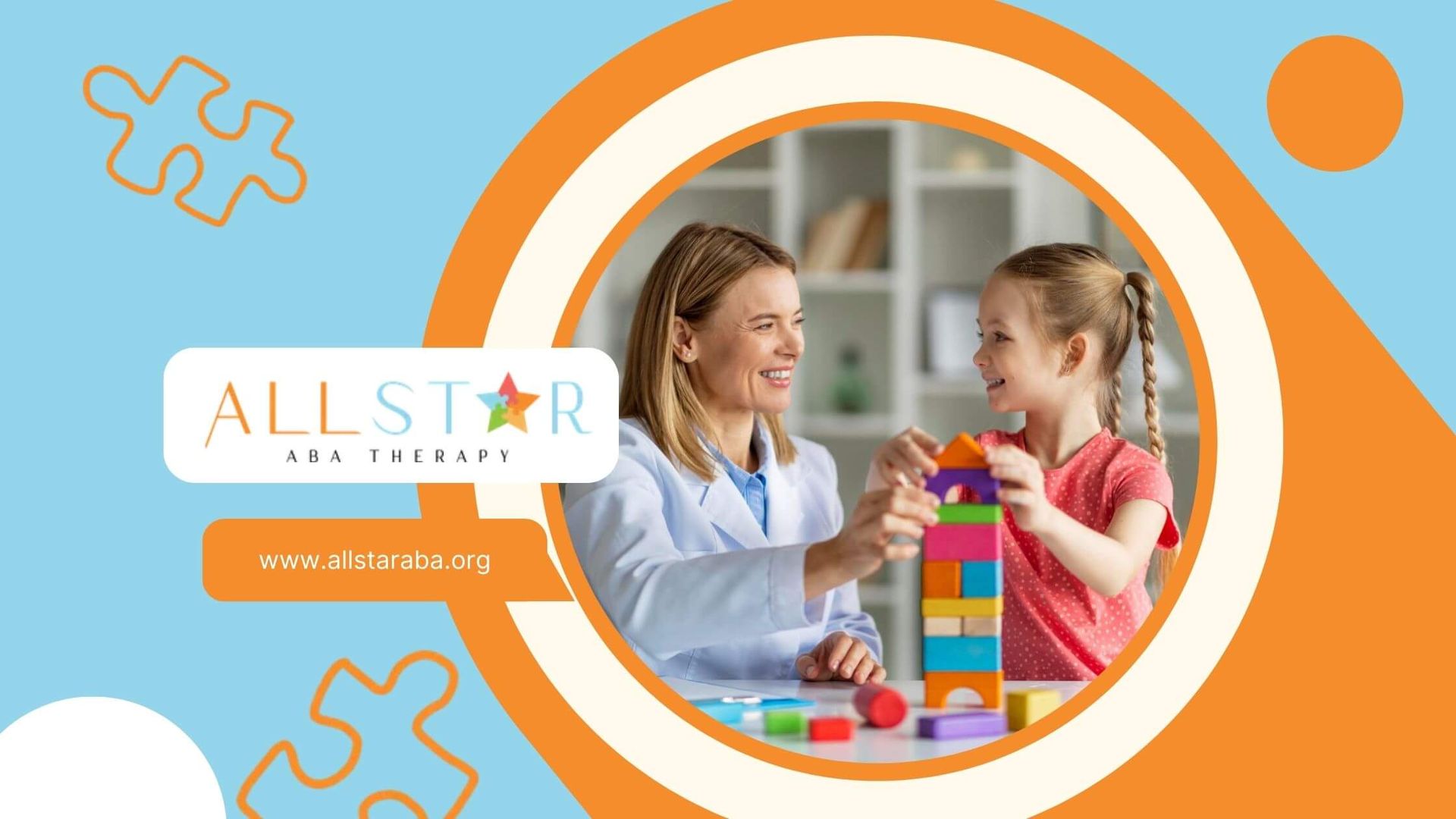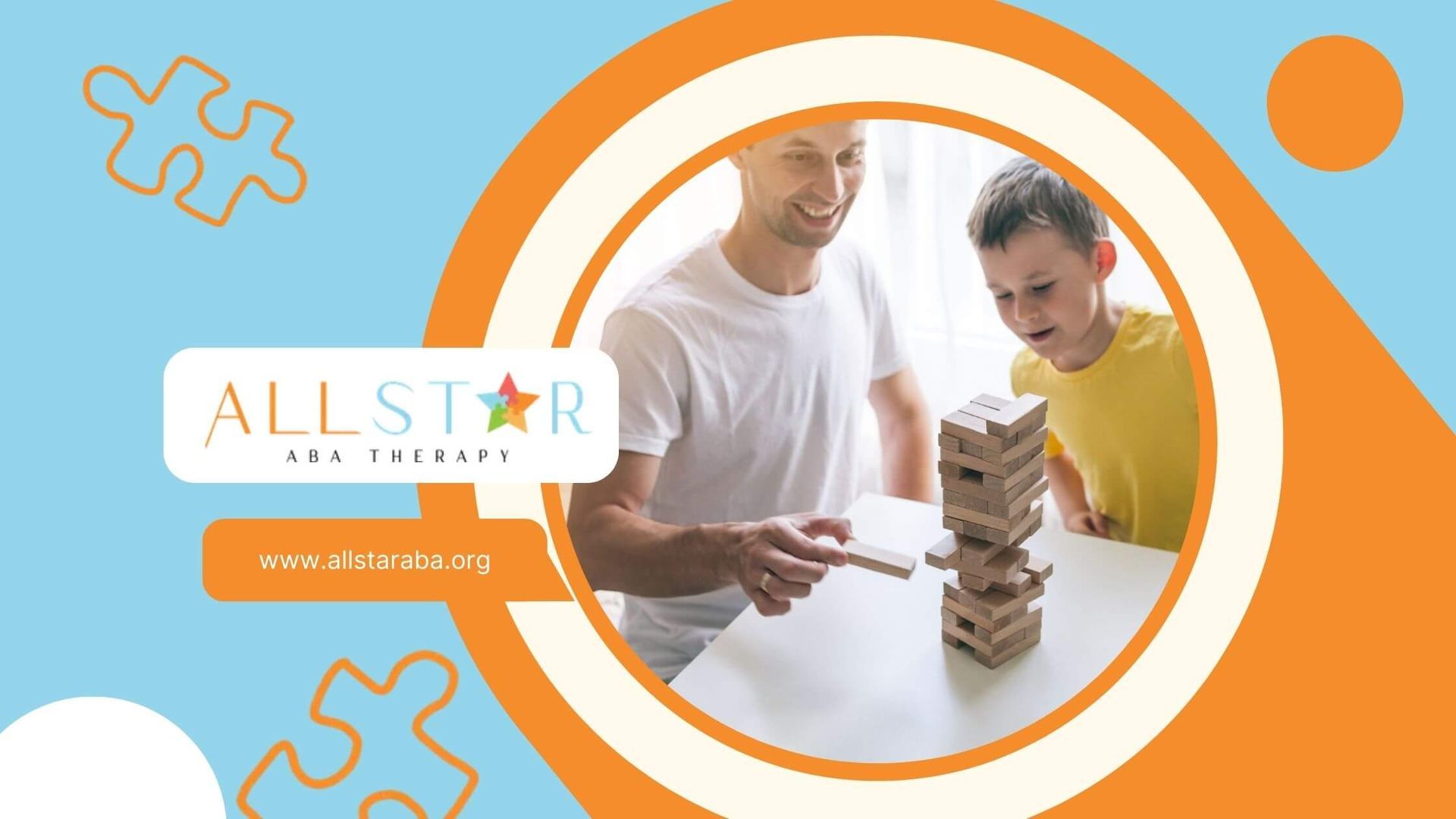New Paragraph
ABA Terms Every Parent Should Know
Starting ABA therapy can feel overwhelming at first—especially with all the new words and phrases. Don’t worry! You don’t need to be an expert overnight.
Understanding a few common ABA terms can help you feel more confident and connected in your child’s therapy journey.
Key ABA Terms Explained
Applied Behavior Analysis (ABA)
The foundation of everything we do. ABA is a science-based approach that helps children build skills and reduce challenging behaviors through positive reinforcement.
Behavior Technician (BT)
Often the person working directly with your child during sessions. They follow the treatment plan designed by the BCBA.
Board Certified Behavior Analyst (BCBA)
A licensed professional who designs and oversees your child’s ABA program. They set goals, train staff, and work closely with families.
Reinforcement
A strategy that encourages positive behavior. For example, if a child shares a toy and gets praise, that praise acts as reinforcement to increase sharing.
Prompting
Hints or assistance given to help a child learn a new skill. Prompts can be physical (like hand-over-hand), verbal, or visual.
Fading
The process of slowly reducing prompts so your child can perform skills independently.
Shaping
Teaching new behaviors by rewarding small steps toward the bigger goal.
Task Analysis
Breaking down a complex skill (like brushing teeth) into smaller, manageable steps to teach one at a time.
Discrete Trial Training (DTT)
A structured teaching method where skills are practiced in small, clear steps with repetition and reinforcement.
Natural Environment Teaching (NET)
Learning through play and everyday activities, making skills easier to apply in real-life settings.
Generalization
The ability for your child to use a skill in different places and with different people—for example, practicing sharing during therapy and then sharing at home with siblings.
Functional Communication
Helping children express their needs effectively, whether with words, pictures, or a communication device.
Behavior Intervention Plan (BIP)
A personalized plan designed to reduce challenging behaviors and teach positive alternatives.
Mand
A request made by the child—like asking for water when thirsty. Mands are an important part of communication training.
Echoic
When a child repeats what someone else says, often used in teaching early language skills.
At All Star ABA, we make sure parents understand every step of the process. We provide ABA parent training so families feel supported and prepared.
Our services include in-home ABA therapy, center-based therapy, and school-based ABA therapy across Maryland and Virginia.
We’re here to guide you and your child every step of the way. Contact us today to get started!
FAQs
Do I need to memorize every ABA term?
Not at all. Your therapy team will guide you—you’ll naturally learn terms as you go.
Why are ABA terms important for parents?
They help you understand therapy sessions, communicate with your team, and support your child at home.
Can parents be trained in ABA strategies?
Yes! Parent training is an important part of ABA so you can feel empowered to use strategies in everyday life.
Sources:
- https://pmc.ncbi.nlm.nih.gov/articles/PMC9578461/
- https://www.autismspeaks.org/expert-opinion/what-discrete-trial-training
- https://www.nu.edu/blog/what-is-natural-environment-teaching/
- https://www.autismspeaks.org/applied-behavior-analysis
- https://online.regiscollege.edu/blog/aba-therapy-examples
Need Support?
We're Here to Help!
Our experienced team is ready to assist you. Reach out today to discuss how we can support your child's development and well-being.
Get started with expert ABA therapy today.



